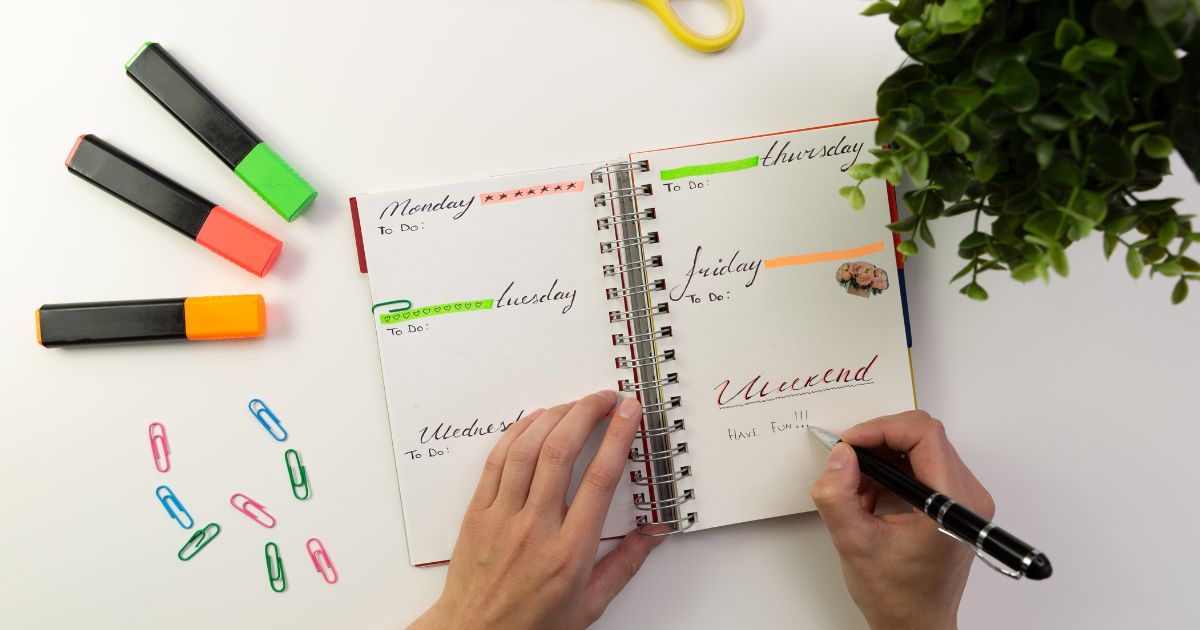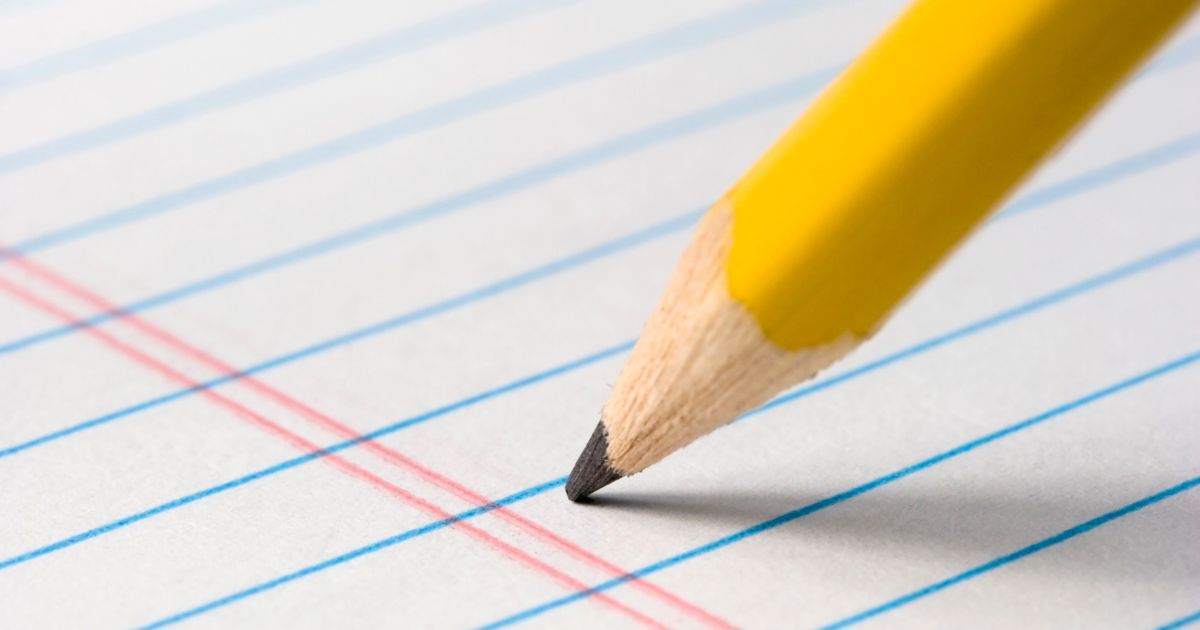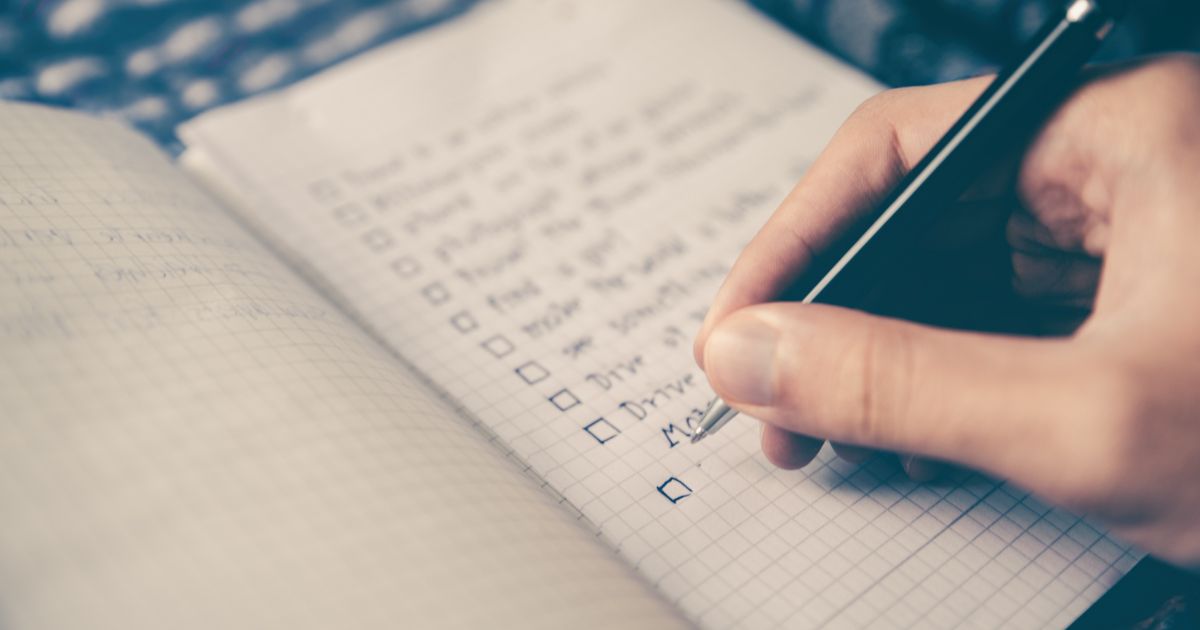Starting to write can feel overwhelming. Faced with a blank page, many beginners are unsure where to begin, what to say, or whether their writing is any good. The truth is, every writer—no matter how experienced—has faced these same challenges. The good news? There are proven techniques that can make the beginning much easier and help you build writing that’s confident, structured, and clear. In this article, you’ll learn essential practices to help you start writing the right way.
Find Your Motivation and Purpose
Before writing your first paragraph, stop and ask yourself: Why are you writing? Who are you writing for? Understanding the purpose behind your writing directly influences the tone, structure, and content of your work.
If your goal is to write an academic essay, your writing will need to be more formal and structured. If you’re starting a personal blog, a conversational tone might be more appropriate. Defining your goal early will help you stay focused and avoid writer’s block.
Read Strategically Before You Write
Great writers are first and foremost great readers. If you’re just beginning, it’s crucial to read high-quality texts similar to the kind of writing you want to produce. Analyze how the author introduces ideas, develops arguments, and concludes their thoughts.
Look at:
- How the paragraphs are organized
- The use of transitions between ideas
- The vocabulary and sentence structure
- The tone and level of formality
Reading like a writer helps you absorb techniques you can later apply in your own work.
Start with a Simple and Clear Structure
Beginner writers often try to write everything at once, which can lead to confusion and a messy result. A better approach is to start with a simple outline:
- Introduction: Present the topic and your main idea (thesis).
- Body: Develop your arguments or examples (2 to 3 paragraphs).
- Conclusion: Summarize and restate your main point.
Even a short plan like this can give you direction and help you stay on track while writing.
Write the Way You Speak (Then Revise It)
When starting out, it’s okay to write your first draft as if you were speaking. Don’t worry about sounding perfect. Focus on getting your ideas on the page. Once you’ve written a draft, then go back and revise for clarity, grammar, and tone.
Writing naturally makes your text more engaging and avoids the common beginner mistake of sounding overly complex or forced.
Avoid Perfectionism in the First Draft
Trying to make every sentence perfect from the start will only slow you down. In fact, many professional writers embrace the idea that the first draft is just the beginning. Let your ideas flow, even if they come out messy—you can (and should) revise later.
Think of writing as a process:
- Draft freely.
- Revise for structure and clarity.
- Edit for grammar and style.
Practice Short Texts First
If you’re new to writing, don’t start with a long essay or article. Begin with shorter exercises: write a short opinion paragraph, describe a moment in your day, or summarize an article in your own words.
These short practices help you:
- Gain confidence
- Learn how to structure paragraphs
- Improve your writing fluency
Learn to Use Paragraphs Effectively
Each paragraph should express one main idea, clearly introduced in the topic sentence. Then, support it with explanation, examples, or details. Don’t try to say everything in one block of text.
Structure your paragraph like this:
- Topic sentence: Introduce the main idea.
- Development: Explain or support the idea.
- Example or fact (optional).
- Closing sentence: Link to the next idea or reinforce your point.
Don’t Fear Feedback—Use It
One of the fastest ways to improve your writing is to get feedback from others. Ask a teacher, friend, or even use online tools to review your work. Take notes on what can be improved and apply the suggestions to your next text.
Remember: feedback is not criticism—it’s an opportunity to grow.
Make Writing a Habit
Like any skill, writing improves with regular practice. Set aside a few minutes each day to write, even if it’s just a short paragraph. Over time, you’ll notice:
- More confidence when starting
- Better flow and structure
- Fewer grammar mistakes
Treat writing as a routine, not just a task.
Final Thought: Start Simple, Stay Consistent
Writing doesn’t require genius—it requires consistency, patience, and practice. By starting with clear goals, using simple structures, reading good examples, and writing regularly, you’re already on the right path. Every great writer was once a beginner, and every beginner improves with effort.










